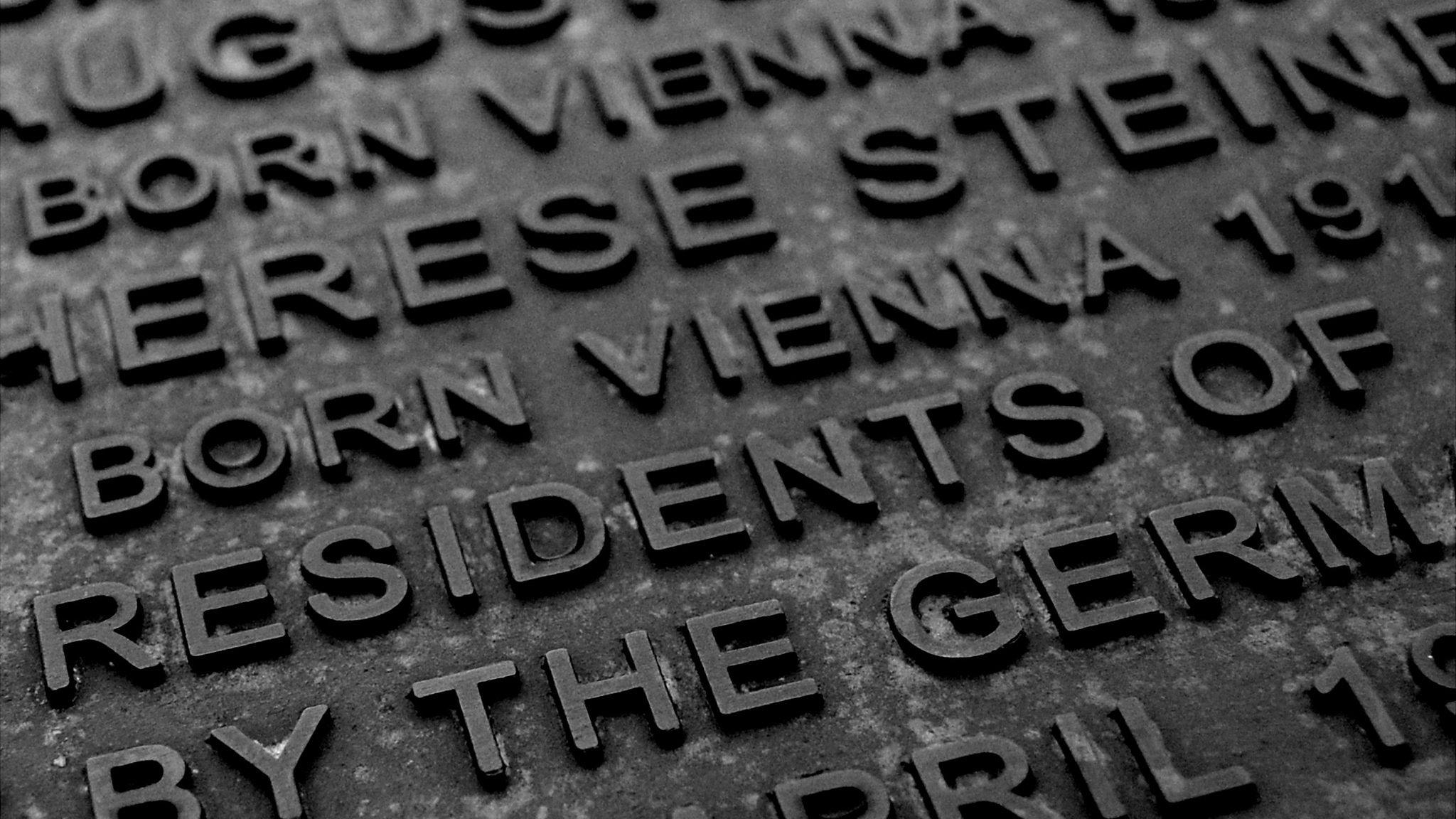Review to examine number of Alderney WW2 deaths
- Published
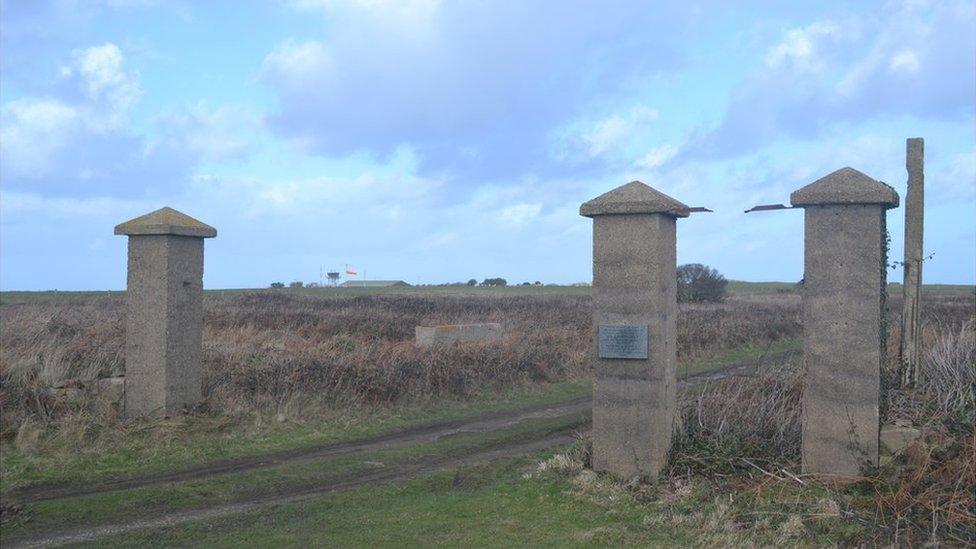
It is not known exactly how many people died in Alderney during the occupation
A new investigation will try to determine the exact number of people who died in Alderney in World War Two.
The Channel Island had the only Nazi concentration camp on British soil during the wartime occupation.
The official number of deaths is nearly 400, but there have been several claims that it could be much higher.
Lord Pickles, who has ordered the review, supported by Alderney President William Tate, said he hoped it would be "as close as we can" to a clear figure.
The island housed four forced/slave labour sites, including the concentration camp Lager Sylt.
The official number of deaths is 389, which came from examinations of marked graves in the 1960s.
However, some historians have claimed the true figure could run into the thousands, or even tens of thousands.

Alderney Occupation
Demilitarised in 1940, along with other Channel Islands
Occupied by German forces in June 1940
The most heavily fortified Channel Island as part of Hitler's Atlantic Wall
Nearly all of Alderney's population was evacuated to England
Four labour camps were established - named after the German islands Borkum, Helgoland, Norderney and Sylt
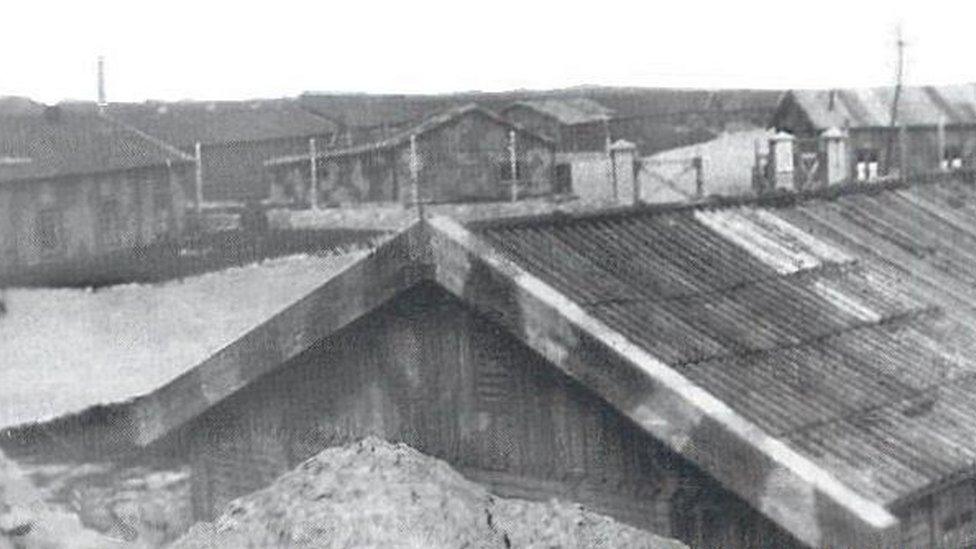
Alderney was almost completely evacuated before the occupation in 1940
Lord Pickles, the UK's Holocaust Envoy, told BBC Radio Guernsey the new investigation "seemed to be a sensible thing to do while records are in existence".
He said research would be carried out internationally to collate different pieces of evidence and follow paper trails.
He said: "It's not easy to investigate, but the Nazis liked to record things.
"Even when they were running out of paper at Belsen [concentration camp], they were recording facts and figures on the backs of cigarette cartons.
"Hopefully we'll be able to get as close as we can to the reality."
Mr Tate said the work was to include evidence "from those on our island who witnessed the atrocities first-hand, or from their descendants who hold records".
He said: "Above all, this will bring clarity and put an end to the arguments about numbers, when, as an island, our priority is to show our respect for those who suffered and died here, however many there were."

Follow BBC Guernsey on Twitter, external and Facebook, external. Send your story ideas to channel.islands@bbc.co.uk, external.
Related topics
- Published26 August 2021
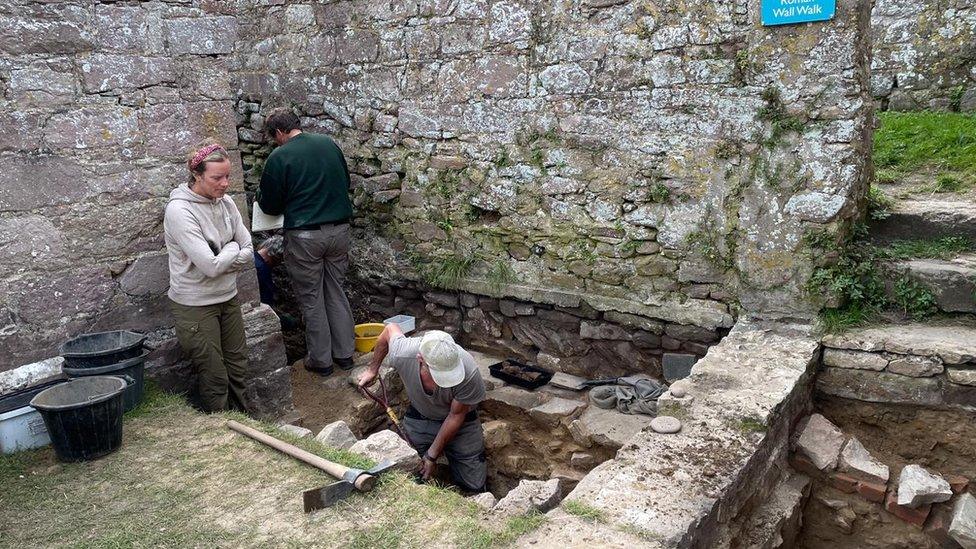
- Published24 June 2021
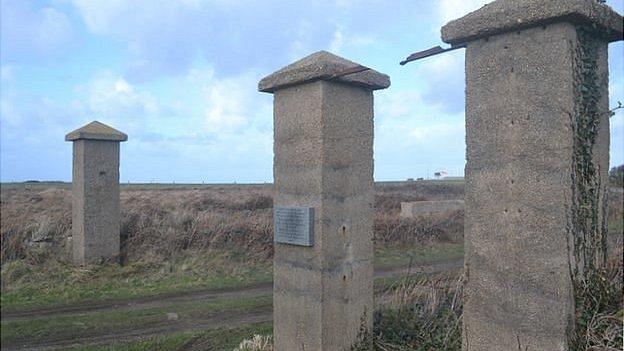
- Published9 May 2017
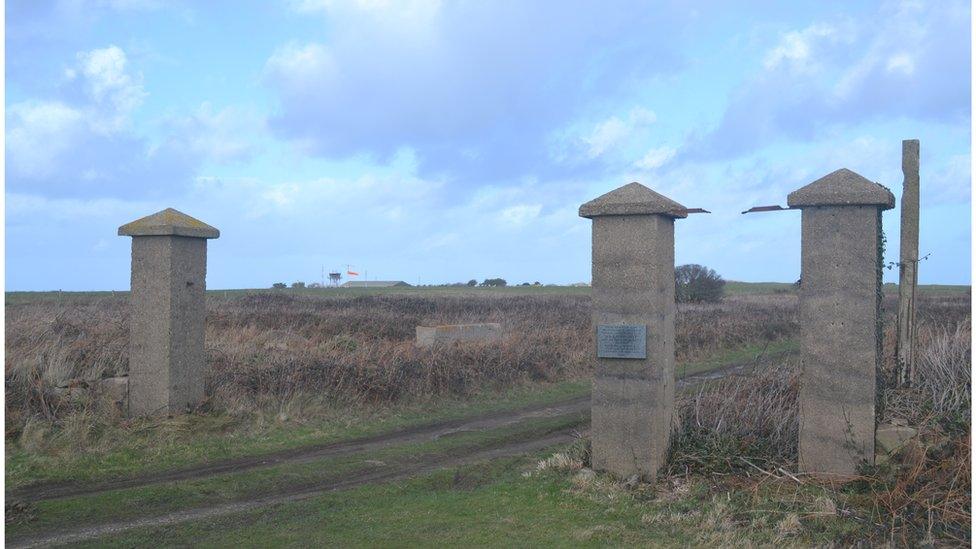
- Published29 November 2016
